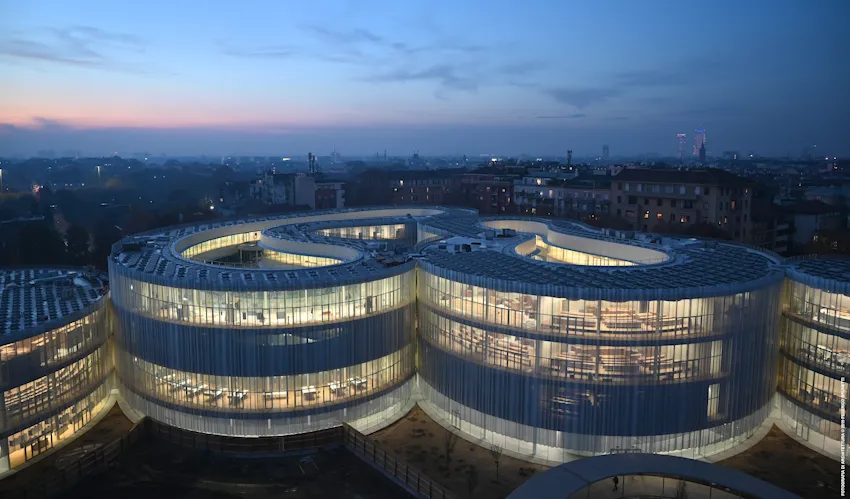
The Stories Narrating 50 Years of Bocconi
1968 to 2022: fifty-four years of history during which the world has changed radically. And Bocconi with it. On the one hand, the world first saw years of student protest, then the collapse of the Berlin Wall, the end of the Cold War, the birth of the European Union and the transformation of the world into what we know today. On the other hand, Bocconi, involved in a long crisis that threatened its very existence was then reborn thanks to a group of professors led by Giovanni Spadolini, Innocenzo Gasparini and Luigi Guatri, simultaneously with the refoundation of the School of Specialization in Business Administration into a new School of Business Administration (SDA), promoted by Giordano Dell'Amore and designed by Claudio Demattè, Vittorio Coda and Roberto Ruozi. And then, all the initiatives to develop the University into a center of international excellence and point it towards the modern teaching and research university it is today. Lastly, the challenge of the pandemic, that was faced by transforming it into an opportunity for innovation.
All this and much, much more, is at the heart of the fourth volume in the "History of a Free University" series, the latest part of the monumental work by the historian and Bocconi professor Marzio Achille Romani who, over the years, has reconstructed the entire history of the University since its foundation by Ferdinando Bocconi in 1902.
The new book will be presented on 8 June in the renovated Aula Franceschi on campus, with the participation of Rectors Francesco Billari, Mario Monti, Angelo Provasoli, Carlo Secchi, Andrea Sironi, Guido Tabellini and Gianmario Verona – interviewed by the Dean for Development and Alumni Relations, Antonella Carù – plus the president of the Bocconi Alumni Community Silvia Candiani and editor Mirka Daniela Giacoletto Papas.
And precisely the voices of those directly involved constitute the main characteristic of this fourth volume in the History of a Free University: "The story of the complex changes that have affected the last half century is the work of some of these protagonists: presidents, rectors, faculty, staff members and alumni. A part of those who experienced that period dedicating their intelligence, expertise and energy to help Bocconi achieve the goals it has progressively set," explains Marzio Achille Romani. "Everyone was asked to narrate their experience. The result is a history that is a sum of stories. It is a choral and pluralistic approach, in which anyone who has passed through the University in the last fifty years will be able to find something of themselves."